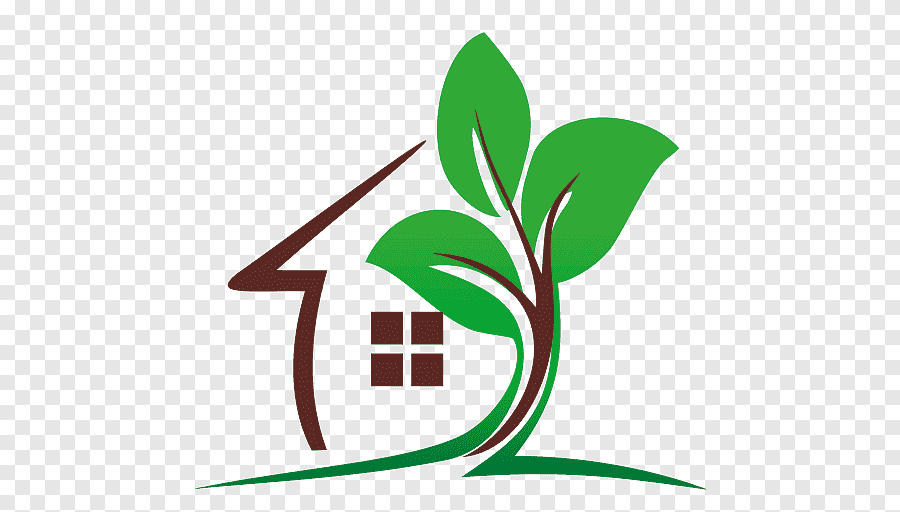12 Things for Your Pepper Planting Hole

When planting pepper plants, it’s essential to create an environment that promotes healthy growth and maximizes their productivity. Here are 12 things you can add to the planting hole to ensure your pepper plants get off to a good start:
Compost: Mix in well-rotted compost to improve soil structure, fertility, and water retention. Compost provides essential nutrients and beneficial microorganisms that support plant growth.
Aged Manure: If available, add aged manure to the planting hole. Manure contributes valuable nutrients and helps enrich the soil.
 Epsom Salt: Epsom salt, which is magnesium sulfate, can boost magnesium levels in the soil. Magnesium is crucial for healthy pepper plant growth and fruit development.
Epsom Salt: Epsom salt, which is magnesium sulfate, can boost magnesium levels in the soil. Magnesium is crucial for healthy pepper plant growth and fruit development.
Bone Meal: Bone meal is a slow-release phosphorus fertilizer that aids in root development and flowering. It provides a steady supply of phosphorus to support the growth of pepper plants.
Crushed Eggshells: Eggshells are a natural source of calcium, which is essential for preventing blossom end rot in peppers. Crushed eggshells can also deter certain pests.
Organic Matter: Incorporate additional organic matter like leaf mold or well-rotted straw to improve soil texture and increase water retention.

Wood Ash: Wood ash contains potassium, which is beneficial for fruiting plants like peppers. It also helps to raise the soil’s pH slightly, making it more alkaline.
Micronutrients: Some commercial fertilizers or soil amendments contain micronutrients like iron, zinc, and boron, which are essential for overall plant health.
Mycorrhizal Fungi: Adding mycorrhizal fungi to the planting hole can enhance the plant’s root system by forming a beneficial symbiotic relationship with the plant’s roots, improving nutrient and water uptake.
Slow-Release Fertilizer: If you prefer using synthetic fertilizers, opt for a slow-release fertilizer formulated for vegetable plants. This will provide a steady supply of nutrients over time.

Aged Compost Tea: Before planting, you can soak your compost in water to make compost tea. This tea can be added to the planting hole, providing a nutrient-rich liquid for the young pepper plants.
Water-Absorbing Crystals: Water-absorbing crystals can help retain moisture in the soil, reducing the need for frequent watering during dry periods.
When incorporating these elements into the planting hole, it’s essential to strike a balance and avoid over-fertilizing, as excessive nutrients can harm the plants. Additionally, consider your soil type and the specific needs of the pepper variety you are planting. Always follow the recommended application rates on any fertilizers or amendments you use.
